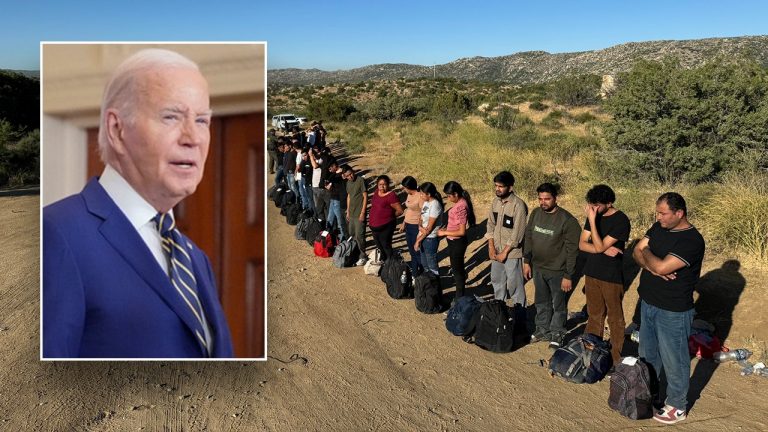California city opens a free food market paid for by taxpayers.
San Francisco recently launched a groundbreaking initiative called the Food Empowerment Market, providing qualifying residents with free groceries to alleviate the burden on food stamp holders who may struggle towards the end of each month. This innovative program, costing city taxpayers $5.5 million, aims to supplement existing food assistance programs rather than replace them.
Geoffrea Morris, the driving force behind this program, emphasized that the Food Empowerment Market is designed to offer additional support, especially during challenging times such as rising inflation rates. In an interview with local media, Morris highlighted the importance of food security in addressing broader social issues and encouraged residents facing food insecurity to connect with the city’s services for comprehensive support.
The setup of the Food Empowerment Market mirrors that of a traditional grocery store, allowing participants to navigate aisles with shopping carts and select the items they need. Upon reaching the checkout counter, all items are weighed and scanned for inventory tracking purposes.
This initiative comes at a crucial time for San Francisco, a city grappling with a significant homelessness crisis. The Food Empowerment Market was introduced shortly after the controversy surrounding another city program that offered free alcoholic beverages, including beer and vodka, to homeless individuals battling alcohol addiction.
The Managed Alcohol Program (MAP), implemented by the Department of Public Health, provides controlled doses of alcohol to voluntary participants in an effort to manage addiction and reduce the strain on emergency services. While some experts argue that this program can potentially save lives, critics question whether funding would be better allocated to support treatment and sobriety programs.
One resident of San Francisco expressed concerns about the ethical implications of providing alcohol to individuals struggling with addiction, likening it to enabling harmful behavior that could ultimately lead to severe consequences such as institutionalization or death. The debate surrounding the effectiveness and morality of the MAP program reflects larger societal discussions about how best to support vulnerable populations.








